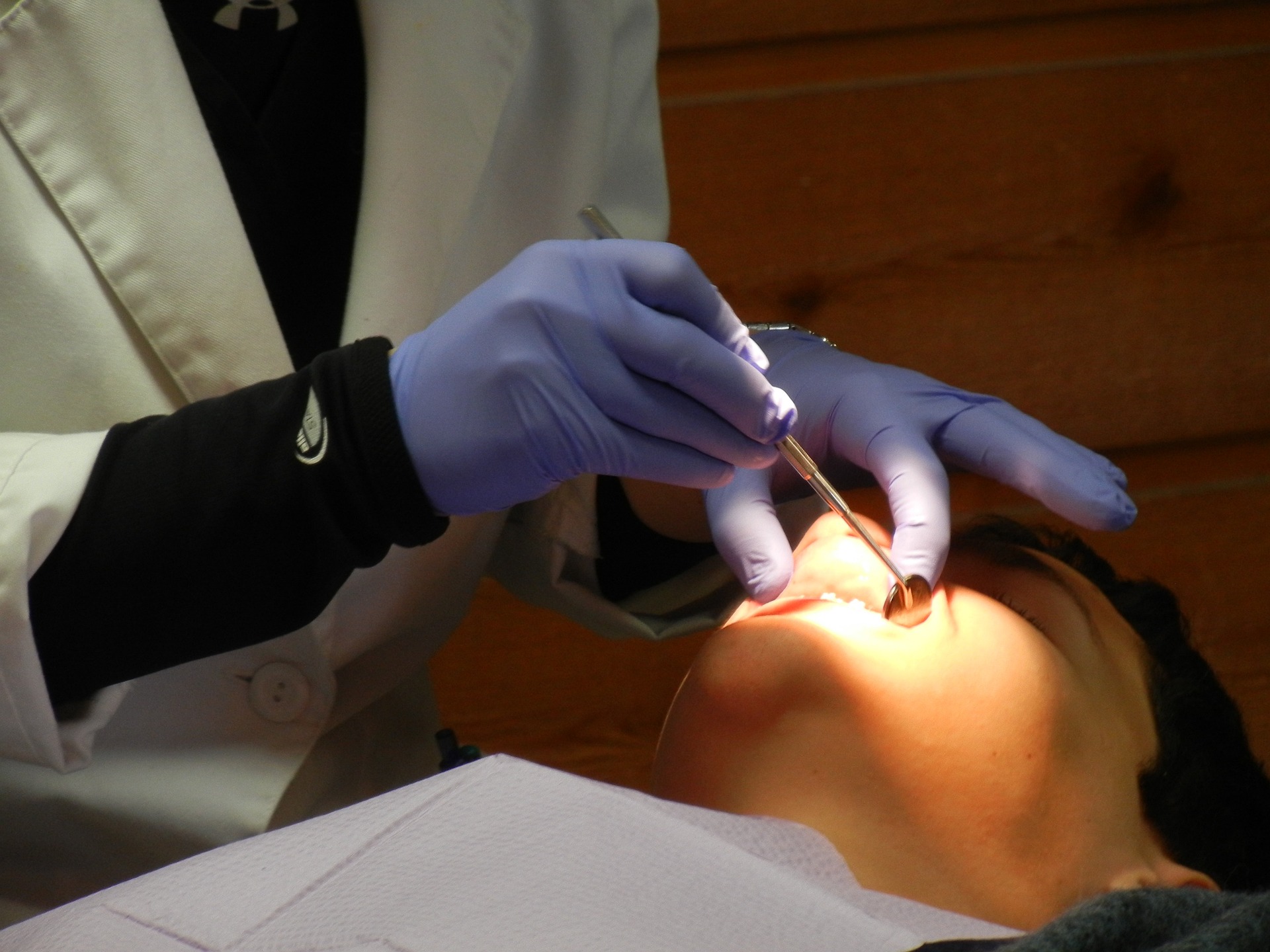Dentists, dental hygienists, and dental assistants all work in a dentist’s office or dental clinic. But what is the main difference between them? Let’s find out more.
Each of these dental professionals have their own unique roles and responsibilities when it comes to your oral care. To ensure that you receive the highest quality of service, make sure to always ask questions about each dentist and their staff before choosing a dental professional.
Dental assistants
Dental assistants mainly help the dentist with exams, x-rays, scheduling appointments, and other administrative tasks. They typically do not perform any treatments themselves, but may help the dentist or hygienist during procedures.
Dental assistants do use dental tools to perform minor procedures such as dental impressions, dental sealants, and fluoride treatments. Additionally, dental assistants may also help with patient education by showing patients how to properly brush and floss their teeth. In some states, dental assistants must complete a formal training program in order to work in the field.
Overall, dental assistants are essential members of the dental team who help ensure patients receive high quality dental care. By working with a dental assistant, you can rest assured that your mouth is receiving the best possible treatment.
Dental Hygienist
A dental hygienist is a licensed and trained professional who specializes in preventive dentistry. They can also perform certain treatments like cleaning teeth, polishing teeth, applying sealants, and giving fluoride treatments.
Dental hygienists must complete a dental hygiene program at an accredited dental school in order to practice. They are also required to pass a state or national dental hygiene board examination in order to become certified dental hygienists. Depending on their state of residence, dental hygienists may also be able to give local anaesthesia to patients in order to perform dental procedures.
Dentist
A dentist is the doctor responsible for the overall care of your oral health. They diagnose and treat diseases related to teeth, gums, and mouth tissue. A dentist can also perform fillings, crowns, bridges, extractions, and other dental procedures.
They may also be trained in dental surgery, dental implants, cosmetic dentistry, and other specialties. Unlike dental hygienists or assistants, dentists must complete a dental school program and pass both written and clinical exams in order to become licensed.
Dental Surgeon
Dental surgeons are dental professionals who specialize in dental surgery and other complex dental procedures. These dental professionals must complete additional training beyond dental school to become a dental surgeon. They can perform procedures such as root canal therapy, wisdom teeth extractions, and jaw reconstructions.
Frequently Asked Questions
Who does perform wisdom teeth removal?
The dental professional who typically performs wisdom teeth removal is a dentist. They are the only dental professionals with the necessary training and experience to perform this type of procedure. However, depending on your state, dental hygienists may be able to provide some assistance during the procedure.
Are dental nurses and assistants the same professions?
No, dental nurses and dental assistants are not the same professions. While dental nurses must complete a four-year degree program and pass an exam in order to practice, dental assistants usually receive on the job training. Additionally, dental assistants typically do not perform any treatments themselves while dental nurses are able to provide some dental services such as taking x-rays and dental impressions.




















